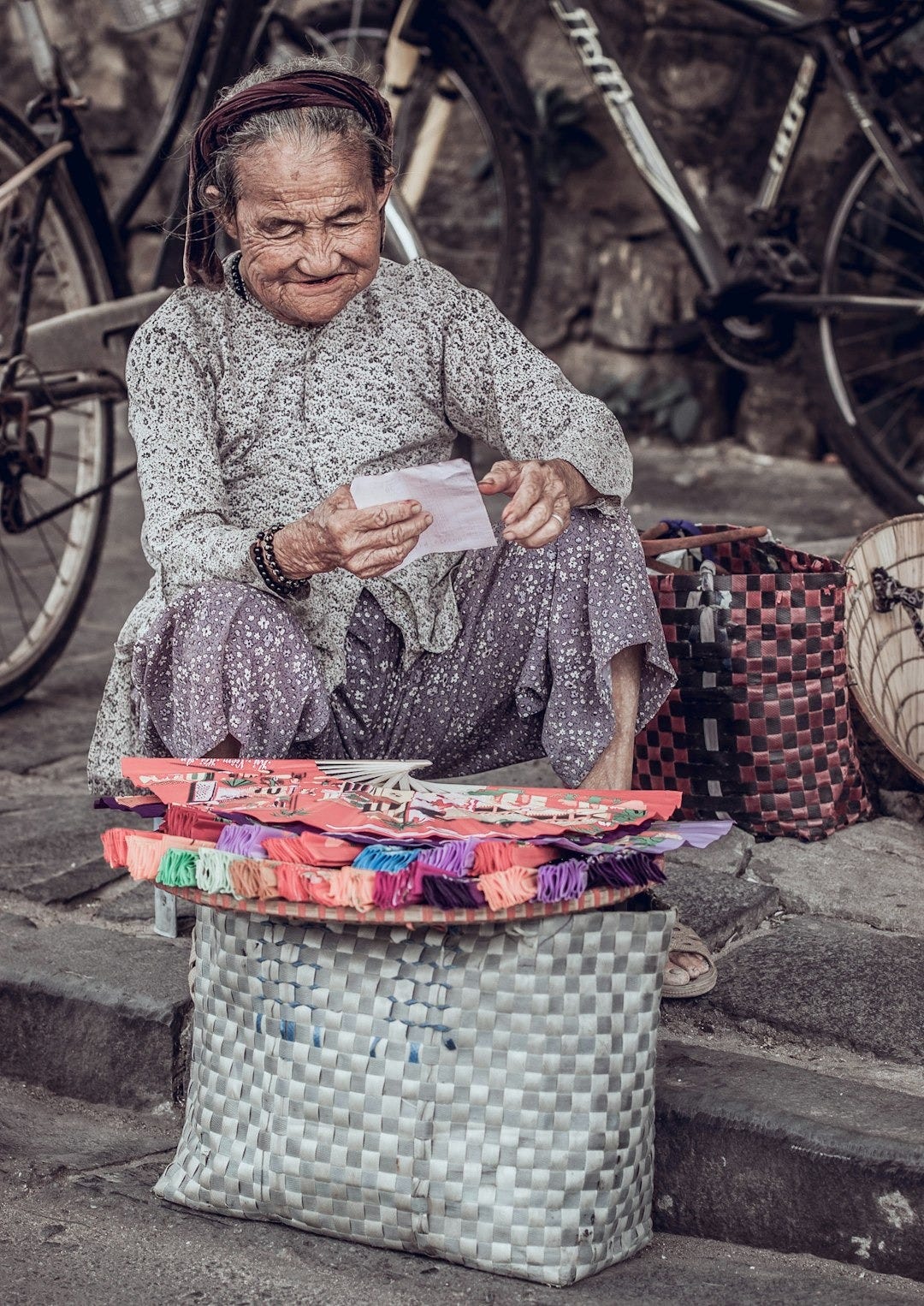Implementing generational harm
Policies separate families from the wisdom of the past
I like to quote from economist Thomas Sowell, who said, “There are no solutions, only tradeoffs.” Public policy “solutions” are often presented as being without fault, “win-win” scenarios with neither victims nor unexpected results or consequences.
The keen observer of the legislative process should marvel at the speed in which policy is introduced and passed into law, often without thorough or thoughtful debate, and how those ill-considered solutions then shift the sum total of a population in a direction completely not expected, intended, or desired.
And despite the obvious, very detrimental transformation of families, communities, cities, and nations over time, very seldom do policy makers pause to consider if they’re the ones that caused the problematic changes.
Typically, bad policy is allowed to remain in place, invisible to any real ongoing scrutiny. Politicians seek to add new not-very-well-thought-out laws and programs onto the existing ones, creating new problems that will later surface and require politicians to resolve with even more unthoughtful policies. And the process continues over and over.
How politicians address old age is among the most severe examples of this. In the not-so-distant past, the matriarchs and patriarchs of families shared their wisdom with family or community members as part of a longstanding tradition.
The wisdom of the elders was sought after and commonplace. The experiences of the elderly informed the youth, who would themselves turn old one day and use the preceding generation’s stories as well as their own to inform the experiences and decision-making of their children and grandchildren.
In the United States, until relatively recently, the elderly often lived in multi-generational households or communities with their children and grandchildren. In such households, these elders often passed down the knowledge, traditions, histories, culture, and stories that shaped their lives.
The young adults and children in the household or community were not required to carry on or even accept such knowledge. That the mere transfer of knowledge from one to another had occurred was all that was necessary to maintain the continuity of a community, culture, or family. And this has been the story of much of human existence and remains the case in other cultures and customs throughout the world.
But programs for the elderly implemented by the U.S. government, such as Social Security, Medicare, and government-funded nursing and assisted living homes have upended these traditions. No longer is it up to young families to take care of their older parents and grandparents through their final years; it’s the responsibility of government.
Generations are now separated from one another as a result of programs that were designed to “help” seniors. And one can argue that this then frees younger families from the burden of elder care, but at what cost?
Some might argue that technology has displaced the need for multi-generational homes and their associated transfers of information. Yes, the current generation might have benefited from Grandpa’s stores of how his parents endured the last pandemic. But certainly the same information could be found via the Internet, right?
While that may be somewhat true, even five years on from the last pandemic it’s interesting to see how short memories can be. People have forgotten the small details. How politicians responded. What businesses closed and never reopened. Which people, feeling hopeless, decided to end their lives during lockdowns and stay home orders.
News articles and research papers, photos and videos, capture some of the tales from a certain viewpoint, but the individual components — the stuff that makes us who we are and our forms of own unique life experiences — cannot be curated quite the same way.
A news article that says the city government passed an ordinance requiring masks to be worn during the outbreak of a virus is very different from the undocumented tale a family member might share of how his business or life savings was lost during the government’s mandated shutdown.
In addition, modern technology and government programs that replace the traditional role of families in elder care cannot possibly replicate other tangible memories: Grandma’s own way of interacting with her adult children and young grandchildren when cameras weren’t rolling, the feel of her warm embrace, the cadence of her laugh; the smell of grandpa’s cigar smoke, his passionate take of world events, the way he drives, the fit of his clothes, his love of music.
No one and nothing captures in quite the same way the mundane moments that matter — how they interacted with store clerks, what they were like when they weren’t feeling so well, what made them smile, and what made them cry.
All of these things matter and shape our world and state of being. But these nuances are increasingly lost to us as a result of policies that, perhaps unintentionally, now separate us our own past and the lessons of the elders who traditionally served as our family historians and wisdom keepers.
The ancient masters were subtle, mysterious, profound, responsive.
The depth of their knowledge is unfathomable.
Because it is unfathomable,
All we can do is describe their appearance.
Watchful, like men crossing a winter stream.
Alert, like men aware of danger.
Courteous, like visiting guests.
Yielding, like ice about to melt.
Simple, like uncarved blocks of wood.
Hollow, like caves.
Opaque, like muddy pools.Who can wait quietly while the mud settles?
Who can remain still until the moment of action?
Observers of the Tao do not seek fulfilment.
Not seeking fulfillment, they are not swayed by desire for change.
— Tao Te Ching, chapter 15, translation by Gia-fu Feng and Jane English
More for paid subscribers below:
Keep reading with a 7-day free trial
Subscribe to Level Up Humanity to keep reading this post and get 7 days of free access to the full post archives.




